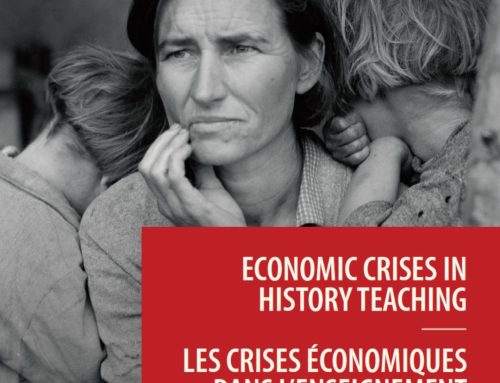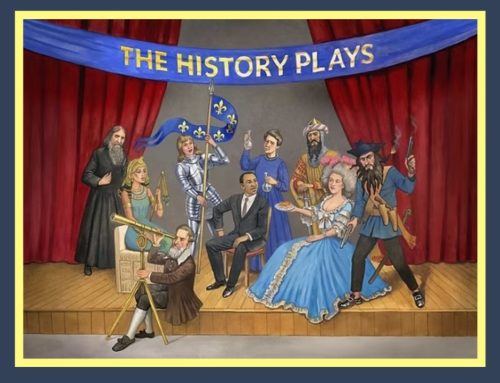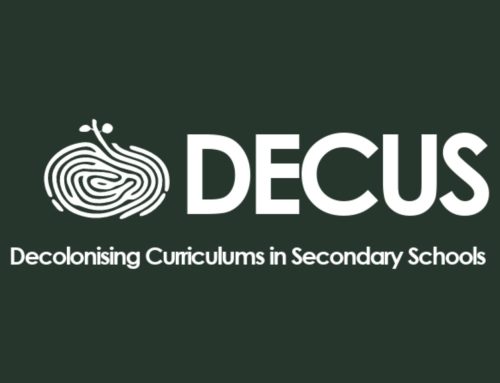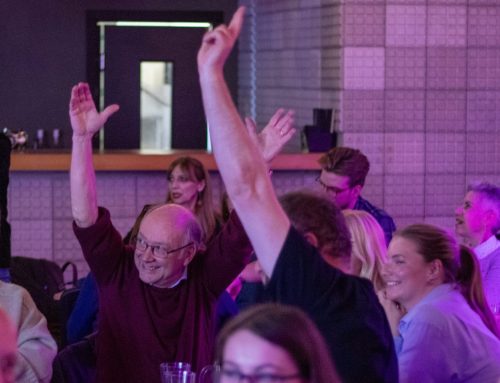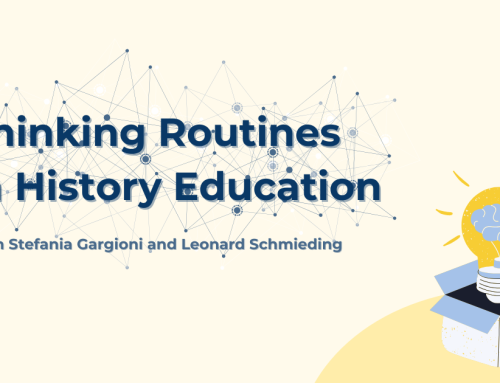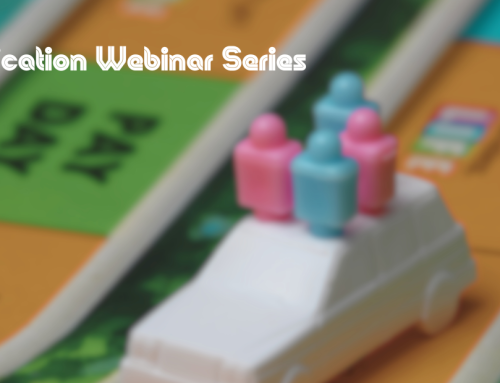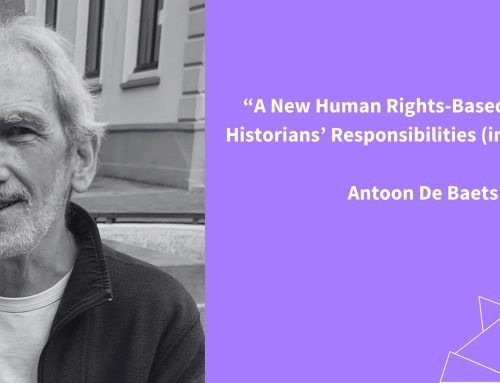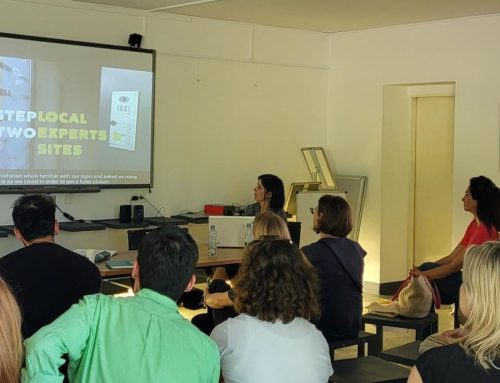This new museum, situated in Parc Léopold in the European quarter of Brussels, will offer a new and thought-provoking way of seeing and understanding the history of the continent and the development of European integration. The main exhibition, available in 24 languages, together with the first temporary exhibition in 4 languages on the theme of ‘Interactions – centuries of commerce, combat and creation’, takes a transnational perspective on history and invites visitors to reflect critically on historical events and experiences, considering their meaning for today and for the future. The principal focus of the permanent exhibition is on European history of the 19th and 20th centuries, while also delving into Europe’s roots and exploring in detail the context and evolution of European integration. A project under the auspices of the European Parliament, the House of European History aims to become, over time, a place of debate and exchange about history, with a range of events and learning programmes.
Learning at the House of European History is an exploration of the diverse experiences and common ground of the peoples of Europe in the past, and an assessment of their significance in today’s world. The learning offer of the museum starts with contemporary situations or problems and facilitates an approach where learners make meaning for themselves. The museum offers a vast array of activities and resources available for teachers and students who either visit the House of European History onsite or online. Activity sheets, guided tours and hands-on workshops are available in Dutch, German, French and English for primary and secondary schools visiting the museum. They stimulate personal engagement, critical reflection and open-minded discussion on the contents of the exhibitions. Activities for the classroom supplemented by a wide range of visual resources including photographs, written testimonies and videos, will become progressively available in 24 languages on the House of European History website. Centred on a series of key thematic areas, these materials can be easily adapted to use in connection with curriculum content in diverse national contexts.
To learn more about the project, the learning programmes and book a visit for a group (more than 10 people), you can visit the House of European History website and follow us on Facebook and Twitter.
Admission and learning programmes are free of charge.
• Address – in the Parc Léopold, behind the European Parliament main complex:
House of European History
Rue Belliard / Belliardstraat 135
1000 Brussels
Belgium
• Opening hours (from 7 May onwards)
Monday 13.00–18.00
Tuesday – Friday 9.00–18.00
Saturday – Sunday 10.00–18.00
• Closing dates: 1 January,1 May, 1 November and 24, 25 and 31 December
• General enquiries: historia@ep.europa.eu
• Learning team: historia-learning@ep.europa.eu



